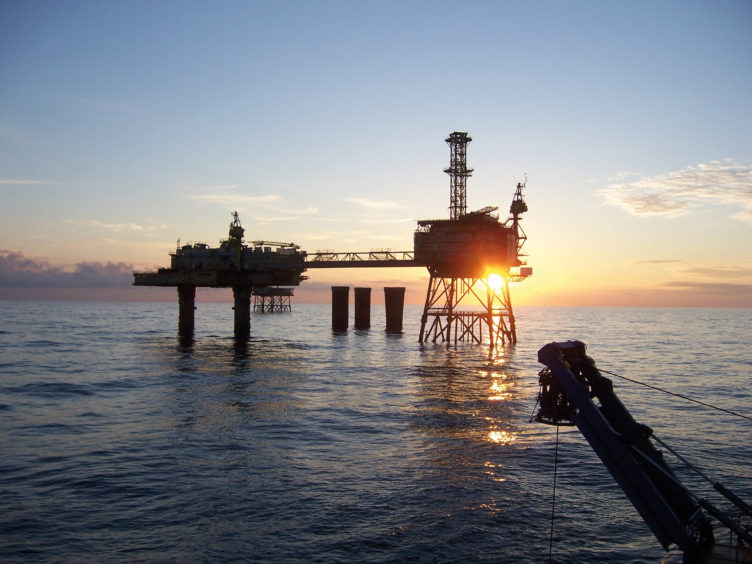
An exodus of workers seeking other opportunities is the “number one challenge” facing safety in North Sea decommissioning, according to the industry watchdog.
The Health and Safety Executive (HSE) said it is “seeing organisations struggling to retain competent, experienced personnel” once the decision has been made to cease production on an oil and gas installation (CoP).
That in turn raises issues about having competent people on site for full shutdown and removal of the assets.
Policy advisor June Calder made the comments at an industry conference last week, highlighting the competition for resource as workers look to new energies or other assets for work.
She said: “Obviously there are a number of other opportunities from other industries that are developing at the moment and we’re starting to see a direct transit across.
“From our perspective that raises concerns over ‘do you still have competent personnel to be able to undertake safety-critical tasks’.”
Later, speaking to Energy Voice on the sidelines of the St Andrews decommissioning conference, Ms Calder said people “naturally start to look at other opportunities” once they have a CoP date.
That’s despite efforts from the sector to highlight the abundant opportunities in decommissioning; a £20bn opportunity in the next decade alone.
“What we used to see, even just five years ago, were people who would move to other oil and gas platforms.
“What we’re seeing now is the many, many opportunities that are coming up in offshore renewables, offshore wind, where the skills are directly transferable a lot of the time.
“I know the industry have done lot of work to illustrate the fact that the decommissioning sector is a thriving sector, there are a lot of opportunities there for people, you don’t need to move, we need the expertise retained, but that remains a challenge.”
Ms Calder highlighted the issue is about competence – which goes beyond just qualifications, but experience and asset-specific knowledge to keep platforms safe.
Safety is one of a number of fronts the decommissioning sector is competing with other energy sectors for resource, including heavy lift vessels and yard space against offshore wind.
It comes as environmental regulator OPRED told the conference it expects 120 decommissioning programmes to hit its desk in the next five years, and 220 fields to hit CoP over the next 15 years.
Recommended for you


 © Supplied by OEUK/ Abermedia
© Supplied by OEUK/ Abermedia